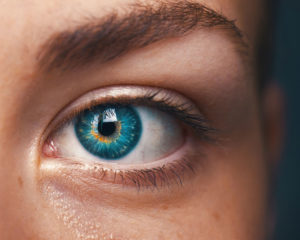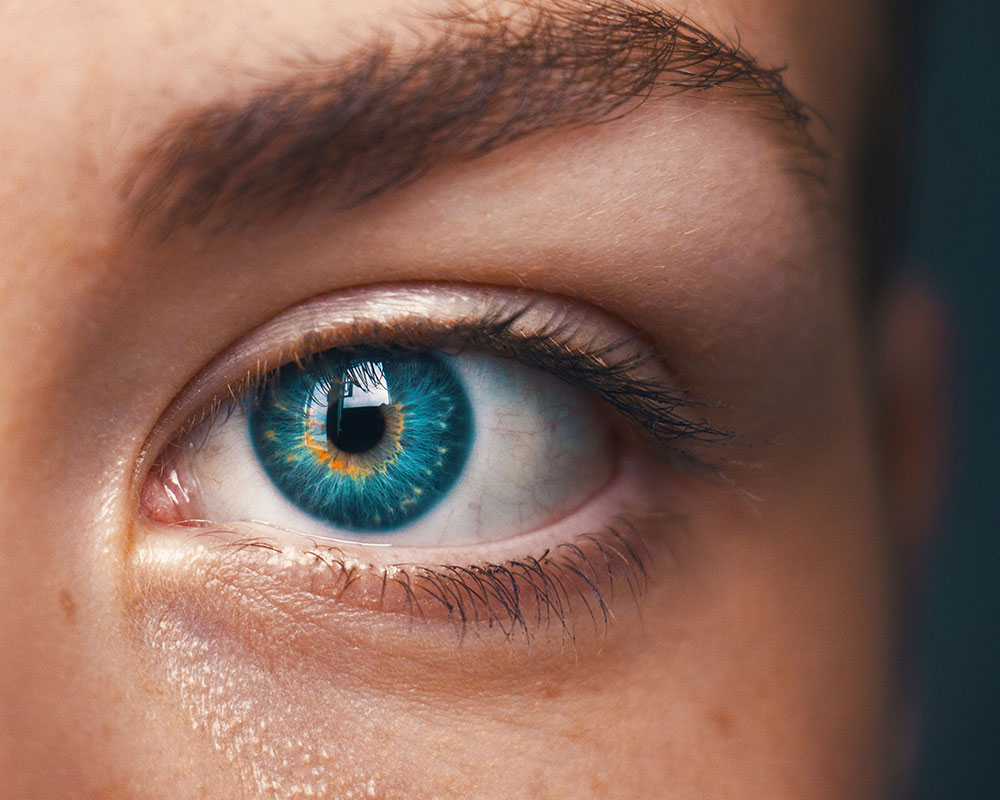What is Depression?
When person has a traumatic experience, it may sometimes overwhelm usual ways of coping and the memory of the event is dysfunctionally stored in an isolated memory network. This leaves a person with a memory that is “frozen in time” with the original picture, sounds, thoughts, feelings and body sensations in tact and all-too accessible.
This reliving of a memory can have a lasting negative effect on a person
The right-to-left eye movements or tones of EMDR are similar to what occurs naturally during REM sleep and has been shown to help the brain with processing of information.
After EMDR treatment, a client will still remember the incident, but they will see the memory in a new and less distressing way.
Depression is described as chronic feelings of sadness accompanied by the following depression symptoms:
- poor appetite
- insomnia or hypersomnia
- low energy or fatigue
- low self-esteem
- poor concentration or difficulty making decisions
- feelings of hopelessness
- thoughts of death or suicide
Depression can be serious and in most cases, should be treated. It is a serious mistake to blame depression on a chemical imbalance. Most of us know that every thought creates a chemical reaction in the brain. It stands to reason that then you must have had an imbalanced (or negative) thought first before a chemical imbalance can be reflected in the brain.
It should be noted that depression cannot be cured by the use of anti-depressants. Medication only suppresses the symptoms and brings only temporary relief. In addition, anti-depressants have various side-effects e.g. suppressing libido, causing drowsiness, nausea, headaches, weight increase, and inability to experience any emotions at all.
Depression can be successfully treated by addressing the root cause through methods that are able to access the subconscious mind, such as hypnotherapy. Contrary to popular belief, the more depressed the person, the easier it is to help the sufferer.
How does Hypnotherapy for the treatment of depression work?
Depression is caused by negative thought patterns which usually originate in early childhood in reaction to negative events. It is imprinted upon the subconscious mind and is intensified through subsequent similar events in life. This creates a program in the subconscious mind which determines the way a person responds whenever these thought patterns are activated by life experiences.
The most important part of this program is formed in the formative years (0-7 years) of which the 9 months in the womb is the most significant. During the pregnancy the baby is constantly in a deep hypnotic trance and is profoundly influenced by the parents’ emotions, relationship and life circumstances.
An example: If a baby is unwanted because the parents have financial problems, the baby is sad and angry for being rejected. Unable to express these emotions, the baby can internalise this anger and become angry with itself. This may cause feelings of hopelessness and low self-esteem later in life.
The most important cause of depression is unexpressed anger because of fear of rejection. Suppressed anger can also become depression. The expression “I am so angry I can kill” explains suicide when a person becomes so angry with him- or herself that they kill themselves.
During hypnotherapy a person is guided to view negative experiences from a different perspective e.g. being unwanted as a baby does not have anything to do with the worth of a person; it was only a natural human response of the parents to their financial difficulties at the time. The negative thought pattern e.g. “I am not good enough” can be substituted with a positive one which restores the chemical balance in the brain.
In this way all forms of depression, negativity and pessimism can be effectively treated.
Eureka Centre offers counselling and therapy for all types of depression, such as:
- clinical depression
- bipolar depression
- pregnancy depression
- post natal depression
- major depression
- chronic depression
- depression in children
- depression in adolescents
- depression and anxiety
- depression and anger
- depression and alcoholism
- depression and obesity










































